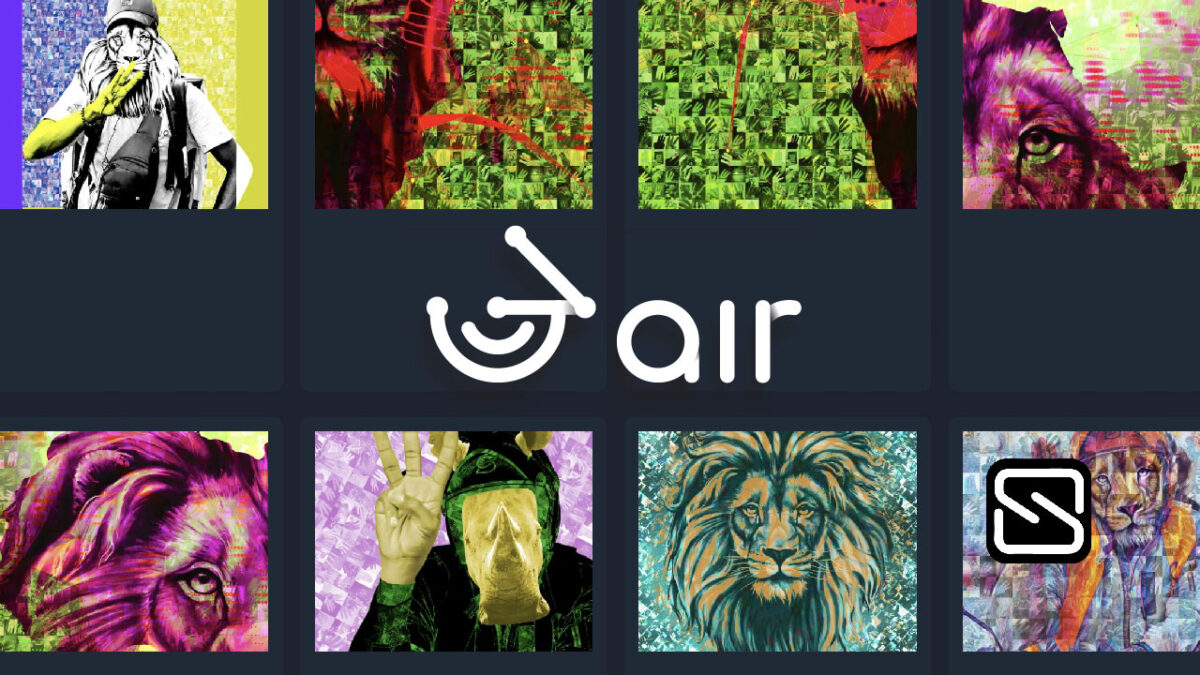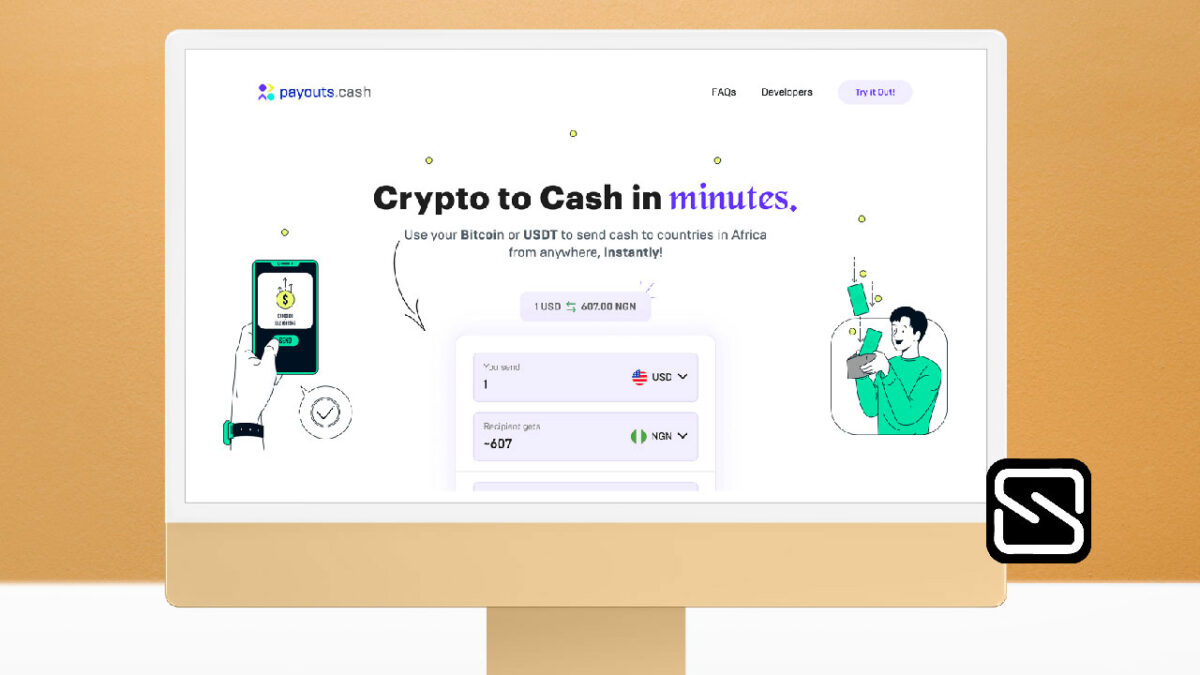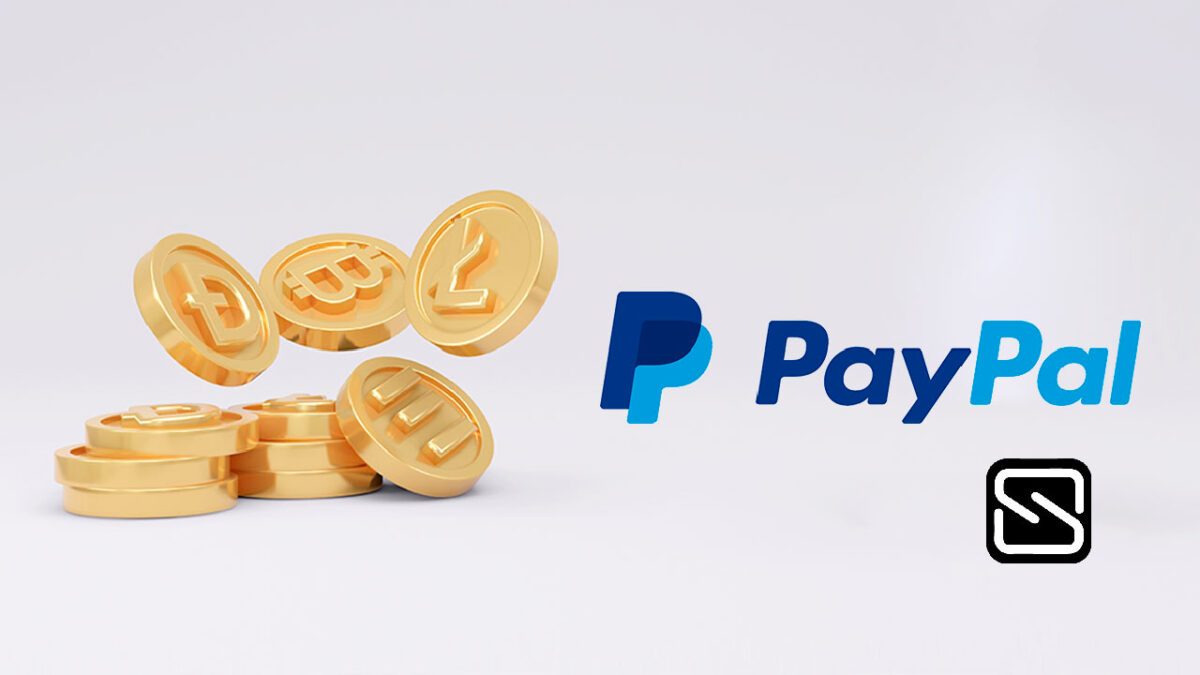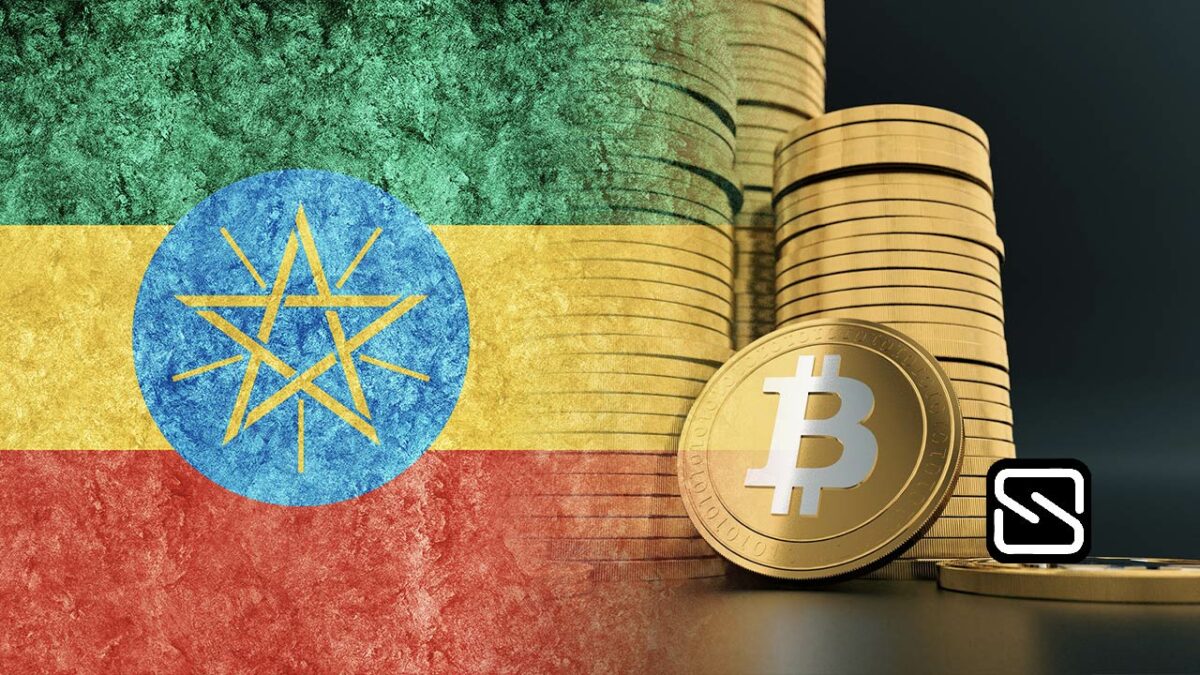Masa Finance, a Silicon Valley DeFi company, has announced that it is partnering with African monetary data firm Pngme to drive the adoption of DeFi credit score services in the region.
The collaboration will provide DeFi lenders in Nigeria and Kenya with access to over 250 off-chain monetary data sources, together with credit score bureau data, to automate credit score decisions via good contracts while keeping information confidential.
Pngme is a credit score and lending platform that serves the Sub-Saharan African market, allowing digital banks and fintechs to collect and combine financial data on customers who have little data recorded about their activities and are otherwise considered credit-invisible.
This is the first time DeFi loan products and off-chain credit scoring capabilities have been brought to emerging markets and the goal of the partnership is to build critical infrastructure to promote financial inclusion.
Masa Finance’s founder, Brendan Playford spoke on the partnership saying, “This might be a significant step toward giving many people access to credit scores.”
With demand for DeFi and cryptocurrency on the rise in Africa, Masa is essential for on-chain lending to thrive. According to Chainanalysis, Kenya and Nigeria rank among the top 10 countries for crypto use globally with over 33 million Nigerians owning crypto.
Masa taps into this market by allowing DeFi lenders to create decentralized lending products such as small business loans, mortgages, and microloans.
Partnerships with platforms like Goldfinch also provide access to previously unavailable pools of cash to fund a DeFi lenders mortgage digital ledger.
In collaboration with the Celo Foundation’s DeFi for the People Initiative, Masa will debut its first DeFi credit score product on Celo. The foundation recently launched a revolutionary employer-based lending experiment in Kenya with Mercy Corps Ventures, Moola Market, and Kotani Pay.
Celo Foundation’s Technique & Innovation Director, Nikhil Raguveera said, “Given crypto’s current growth, we envision Kenya and Nigeria as crucial areas where DeFi can deliver monetary instruments that empower folks who have been traditionally excluded from traditional monetary products,”
Masa recently completed a $3.5 million pre-seed funding round that has allowed it to make this entry into the African market.
Masa is also raising a Seed Round to expand the technical team’s scope and launch the protocol’s manufacturing launch, as well as perform a public token sale, scale consumers and node operators, and produce platform builders and lenders.
Users and liquidity providers can sign up for a mobile and online beta account, while developers and node operators can get started with the developer documentation.









